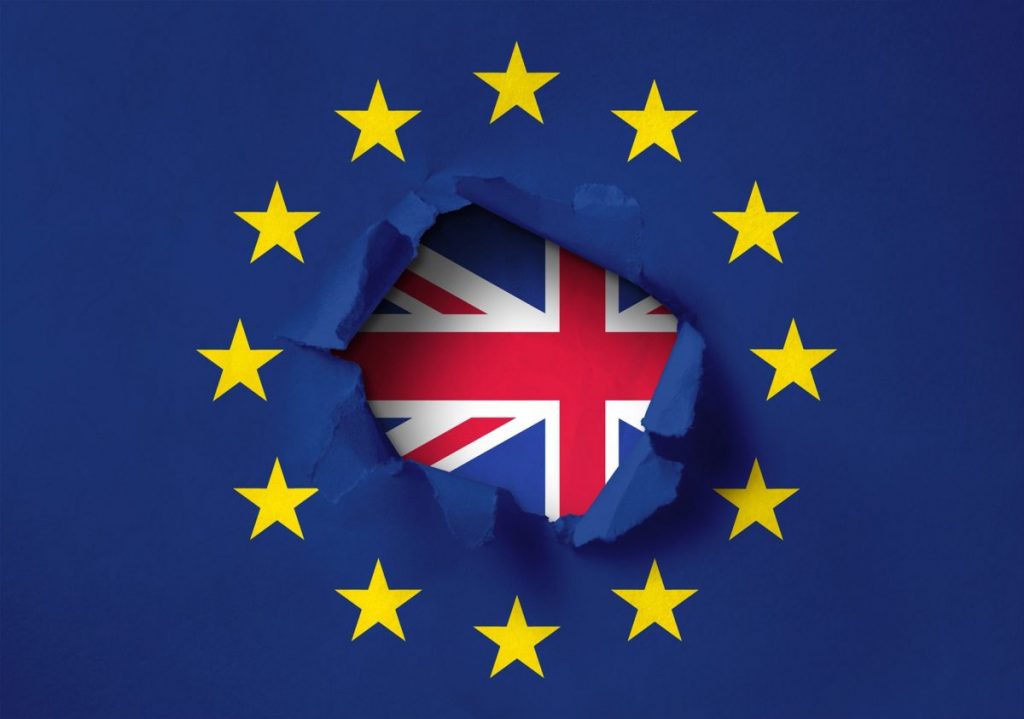
The UK’s departure from the European Union looks set to prompt FTSE companies to appoint more international directors – notably from the EU27 countries, Odgers Berndtson, a leading global executive search firm, has predicted.
Baroness Virginia Bottomley, Chair of the firm’s Board Practice, says that after Brexit it will be “vital” for the boards of many multinational companies listed in London to have EU representation, continuing a longer-term trend for them to become more diverse and international.
“As Britain leaves the EU, many boards are likely to require individuals with personal, cultural and corporate experience from EU27 countries,” Baroness Bottomley writes in “Brexit, Business Leaders and Investment”, published today and sharing insight from across the firm’s international executive search business on the impact of Brexit. “The EU will remain a vital market for the UK, and Britain’s departure will enhance the value of European voices in the boardroom.”
“Before Brexit it was common to believe that the EU could largely be covered from London; the future will see businesses challenging that assumption,” she added.“The UK coming out of Europe could have the effect of encouraging British companies to appoint more directors from the EU27.”
Other revelations on the impact of Brexit on companies and top hires include:
- Higher import and export costs are a key concern for senior executives in both Germany and Ireland (where many US multinationals are based)
- In the technology sector, relief at continuing investment is tempered by concerns about access to international specialists
- In life sciences, companies are re-calibrating, and viewing the UK as a potential base for activities like clinical trials rather than a European hub
- Belgium reports professional services firms “staffing up” new EU hubs to service European clients and represent UK companies in Brussels
- UK-based companies are looking for finance heads able to drive automation against a backdrop of lower economic growth
The UK already has more internationally-born directors on the boards of its top listed companies than any other major world economy.
Odgers Berndtson today also publishes a trend analysis from the Millennium showing how leaders of FTSE 100 companies have become more global. Little over half chief executives (54%) are now UK-born, for instance, compared to 79% in 2001, whilst the number of chairs and non-executives from Europe has doubled over the same period. Whilst there has so far been little overall change on board composition since the referendum, there have been some notable top appointments of continental Europeans, including Roberto Quarta and Javier Ferran, respectively chairs of WPP and Diageo and Marco Gobbetti and Johan Lundgren who respectively replaced UK-born chief executives at Burberry and Easyjet.
This is an article provided by our partners’ network. It might not necessarily reflect the views or opinions of our editorial team and management.
HedgeThink.com is the fund industry’s leading news, research and analysis source for individual and institutional accredited investors and professionals



































